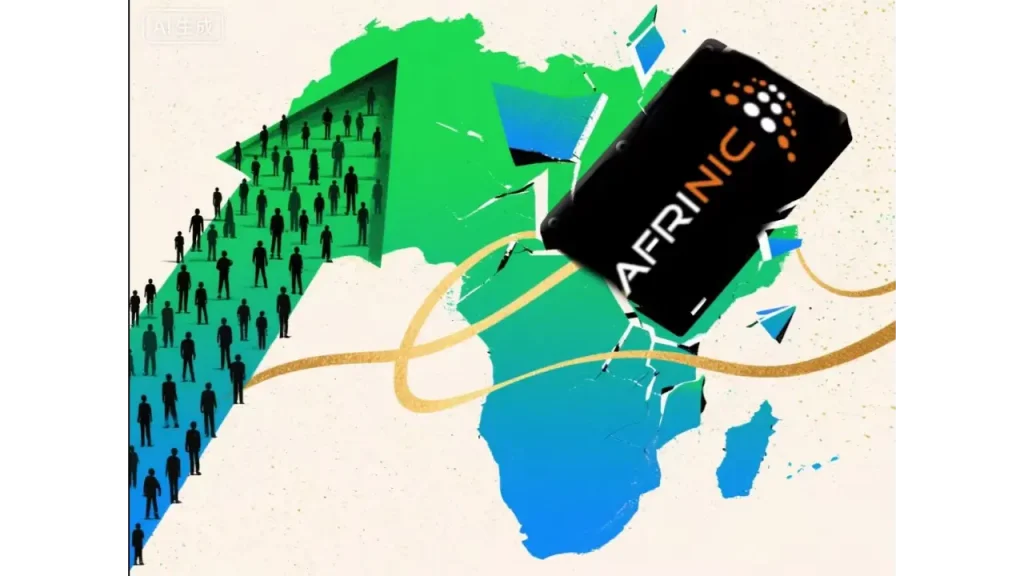• Member-driven legal and political tactics can force organisational change — for better or worse.
• Intervention by global bodies can stabilise systems but may also concentrate power and undermine regional autonomy.
A crisis that started inside the community
The attempted board election held on 23 June and the subsequent annulment have turned what many saw as an internal governance problem into a matter of continental significance. A vocal group of members and stakeholders argue that flaws in voter documentation and proxy arrangements made the vote unsalvageable, and one corporate member has moved to use the courts to force a legal resolution, including filing for the registry to be wound up as a corporate entity.
AFRINIC’s own communiqués confirm receipt of a winding-up petition and the matter’s progression through Mauritius’s courts, while contemporaneous reporting has highlighted the registry’s extended period without a functioning board and long-running governance weaknesses. These developments show how member action, when channelled through legal systems, can abruptly change the institutional landscape.
Also Read: Constitutional ambiguities in Mauritius: Who benefits and how they affect AFRINIC’s stability
Also Read: The role of citizens in shaping Mauritius’ constitution and AFRINIC’s accountability
Grassroots levers: mobilisation, proxies and public pressure
Grassroots influence in internet governance rarely appears as street protests; it more often takes the form of member mobilisation, proxy voting, coordinated filings and media campaigns. In the current episode, a range of tactics — from court petitions to public appeals and organised proxy votes — were deployed to elevate procedural grievances into a court-supervised solution. Observers and commentators have framed this as a proxy war of sorts, where procedural manoeuvres have the power to paralyse an organisation.
That means grassroots-style pressure can be highly effective, especially when backed by actors with legal resources. Yet there is an open question about who benefits when legal strategies supplant internal reform: tactical wins for some members may lead to institutional collapse that harms the wider community.
When international overseers step in
The involvement of global coordination bodies has added another, fraught dimension. ICANN has formally warned that material irregularities in elections could prompt compliance reviews and has reiterated that regional registries must meet established recognition criteria. That posture is meant to protect the global numbers system, but it also concentrates leverage in an organisation that sits outside the regional membership. The risk is twofold: remedial action can limit local discretion over crucial technical resources, and mechanisms intended to enforce standards can be perceived as instruments for external actors to exert control. The balance between legitimate oversight and over-reach is therefore central to any assessment of whether intervention preserves or undermines regional autonomy.
Lessons for policy influence — pragmatic, guarded, and transparent
If grassroots movements want durable policy change they must combine moral authority with transparent process and wide legitimacy. The AFRINIC episode demonstrates that legal pressure and member activism can produce rapid outcomes, but rapidity carries trade-offs: sudden dissolution or external re-recognition could disrupt address management across the continent and hand decision-making to actors beyond the community. Any campaign for reform should therefore be accompanied by clear plans for continuity of technical services, independent scrutiny of motives where commercial interests are involved, and an inclusive roadmap for choosing any successor mechanism. The broader lesson is that bottom-up pressure can reshape internet policy, but it must be channelled through procedures that safeguard technical continuity and regional stewardship rather than substitute one opaque authority for another.

